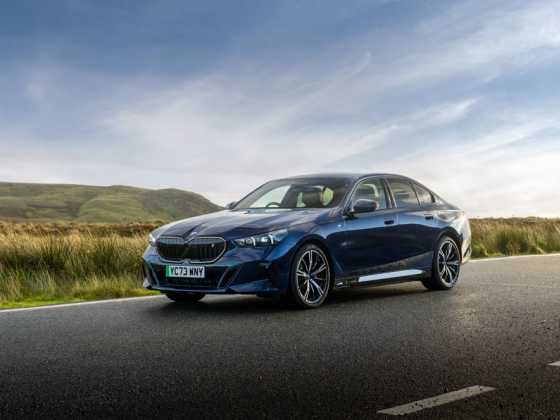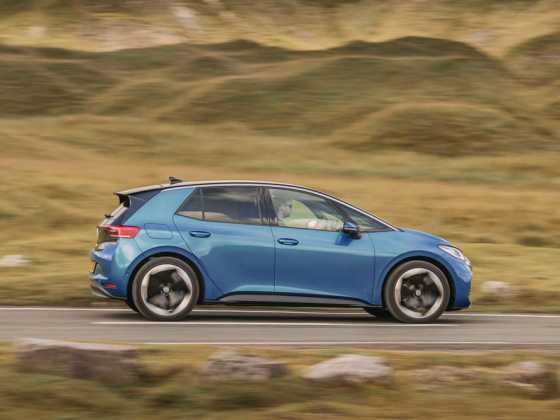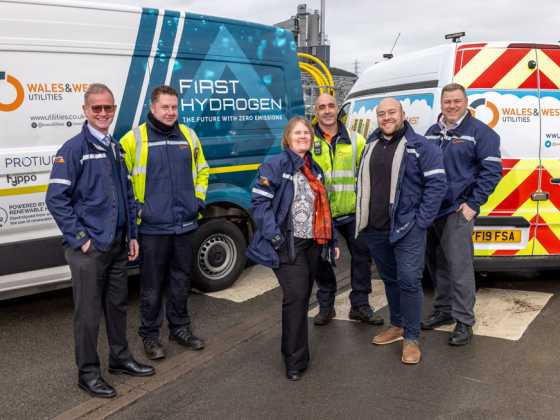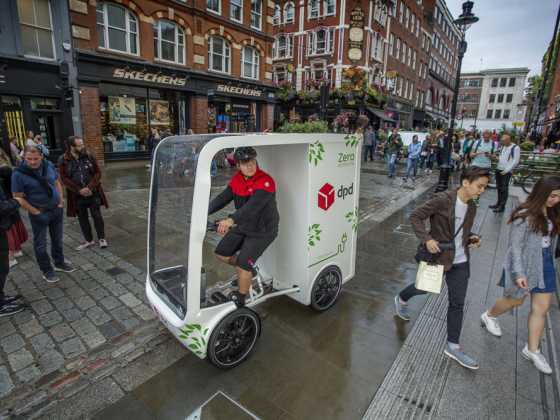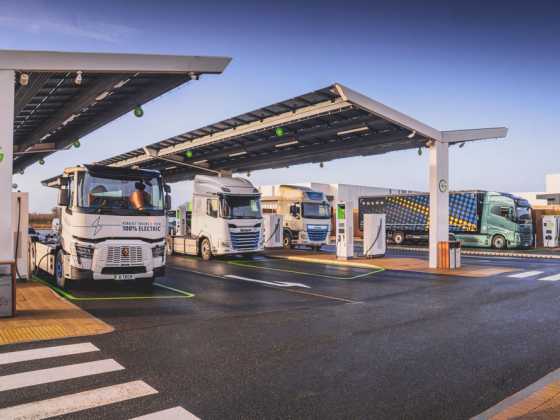Renault and the environment
Renault’s aim to reduce CO2 emissions will not only be achieved on diesel and petrol models, but through the development of its electric vehicle range, which will debut in the UK in 2011.
This year Renault has extended its environmental Renault eco² signature to include its van range as well as its car line-up to highlight its ongoing efforts to reduce the environmental impact of vehicles.
Renault already has over 130 models across its car range that meet its Renault eco² criteria, which includes having CO2 emissions not exceeding 140g/km or be bio-fuel compatible.
For a commercial vehicle to qualify for the Renault eco² signature means that it must emit less than 195g/km of CO2, or run on B30 (30 per cent biodiesel) or E85 (85 per cent bioethanol) fuel. Renault is aiming to reduce the CO2 threshold by 10g/km every two years with a view to reaching 150g/km by 2020. The threshold for compact vans is the same as that for passenger cars, 140g/km.
Among the host of low emission models within Renault’s car line-up is the Clio dCi 86, which with a CO2 figure of 98g/km and fuel economy of 76.3 mpg on the combined cycle is the marque’s lowest CO2 vehicle. Priced from £12,690 on-the-road, unlike rival manufacturers Renault does not charge a price premium for low emission models.
Meanwhile, the New Laguna will go on UK sale in November. Featuring Euro5 emission compliant engines, the line-up includes the dCi 110, which emits just 120g/km of CO2, 10 grams less than today.
Fuel costs are recognised as the second biggest fleet expense after vehicle acquisition/depreciation accounting for up approximately 25% of expenditure (based on 3years / 60,000 miles). With a direct correlation between fuel economy and emissions, the decision to choose environmentally-friendly vehicles will be rewarded with low total cost of ownership figures, which should be the basis for all fleet vehicle choice decisions.
Add in the fact that all motoring taxes - Vehicle Excise Duty, capital allowances and company car benefit-in-kind tax - are based on CO2 emissions and Renault’s low emission strategy delivers the ingredients for fleet decision-makers and company car drivers to reap significant financial savings.
Further contributing to Renault’s low emission approach is the development of breakthrough technology such as a six-speed, dual clutch gearbox called Efficient Dual Clutch (EDC).
It delivers major fuel and emission savings when compared with conventional automatic transmissions - a gain of up to 17% which can save approximately 30g/km of CO2.
The EDC gearbox is available with the core-range dCi 110 FAP engine of the Mégane and Scénic models, which make them Renault’s first automatic cars to qualify for the Renault eco² signature with CO2 emissions of just 114g/km (Mégane Hatch, Coupé and Sport Tourer) and 130g/km for the Scénic, Grand Scénic and Mégane Coupé Cabriolet.
Meanwhile, next autumn, fleets will be able to take delivery of the Renault Kangoo Van Z.E. (zero emission in use) electric vehicle.
The all-electric Kangoo will be followed in 2012 by the Fluence four-door family saloon, the Twizy city vehicle and a five-door supermini based on the Zoe concept putting Renault in the zero emission driving seat as no other manufacturer has revealed such an extensive portfolio of models.
UK customers can already reserve the Kangoo Van Z.E. at www.renault-ze.com.
Fleet customers will either buy or lease their vehicle and take out a subscription that covers the hire of the battery.
Renault’s aim is to market electric cars at the same price as a diesel-powered vehicle of an equivalent size and equipment level, after any Government incentive. The company predicts that total cost of ownership figures for electric vehicles will be similar to those of internal combustion-engined vehicles from launch.
Electric vehicles are already exempt from Vehicle Excise Duty and until April 5, 2015 are also exempt from company car and van benefit-in-kind tax charges and qualify for 100% capital allowances.
Renault is using its brand signature ‘Drive the Change’ to symbolise its ongoing bid to reduce the ecological footprint of vehicles through their complete lifecycle, from their design, through to their use on the road and to the end of life.
No where was that more in evidence than on the recent MPG Marathon where a Mégane Renaultsport 250 proved that hot hatches can be deft with fuel-sipping, returning 47.4 mpg – 41.1% improvement on the official combined cycle figure of 33.6 mpg. Meanwhile, a front-wheel drive Master MM33 dCi 100, already the best vehicle in its class for fuel economy, posted 44.7 mpg, a 31.4% improvement.
Darren Payne, Renault’s Director, Fleet and Commercial Vehicle Operations, said:
“Reducing carbon emissions and cutting costs is the biggest incentive for fleets to go green and Renault is delivering the vehicles to enable those ambitions to be achieved.”
For more information
Web: www.renault.co.uk

